Historically speaking, we know almost nothing about Saint Agatha other than the fact that she was martyred in Sicily during the persecution of Decius in the third century. Legend has it that Agatha was arrested as a Christian, tortured and sent to a house of prostitution to be mistreated. She was preserved from being violated, and was later put to death. When Agatha was arrested, the legend says, she prayed: “Jesus Christ, Lord of all things! You see my heart, you know my desires. Possess all that I am—you alone. I am your sheep; make me worthy to overcome the devil.” And in prison, she said: “Lord, my creator, you have protected me since I was in the cradle. You have taken me from the love of the world and given me patience to suffer. Now receive my spirit.”
The stories of the early virgin martyrs like Saint Agatha do two things. First, they remind us of the unsurpassed greatness of a relationship with Christ. If they could believe in Christ when it would have been so much easier—and life-saving—to do so, then how can we turn away from God in the trying moments of our own lives, those trials which pale in comparison to the martyrdom they suffered? But even those relatively minor sufferings which we may bear can be the source of our salvation. We should look to the saints like Agatha to intercede for us that we may patiently bear our sufferings and so give honor and glory to God. Second, these stories always point to Christ. Even though we could get caught up in honoring a saint who stood fast for the faith to death, still that same saint would have us instead be caught up in honoring Christ, the one who was their hope and salvation.
Saint Agatha’s martyrdom is a participation in the “sprinkled Blood that speaks more eloquently than that of Abel” of which the writer of the letters to the Hebrews writes. She was joined inseparably to Christ in both her virginity and her martyrdom. Her example calls us to join ourselves to Christ inseparably as well, in whatever way we may be called upon to do it. May our prayer in good times and bad always be the same as that of Saint Agatha: “Possess all that I am—you alone.”
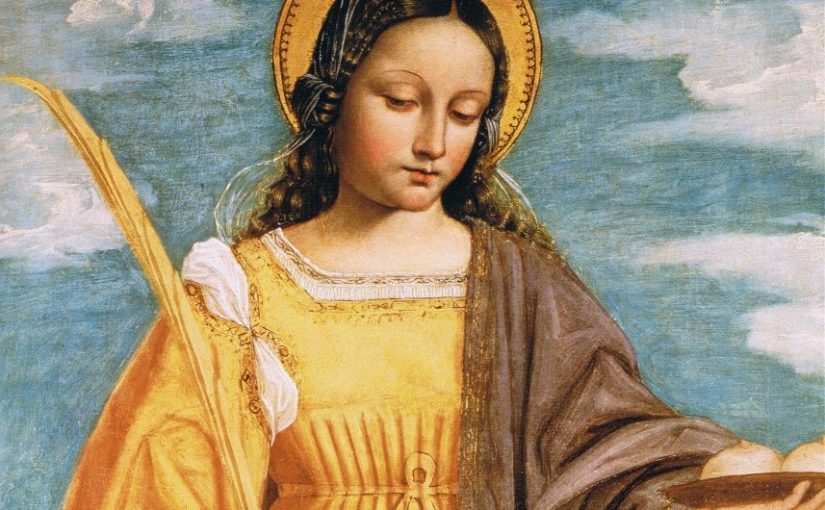
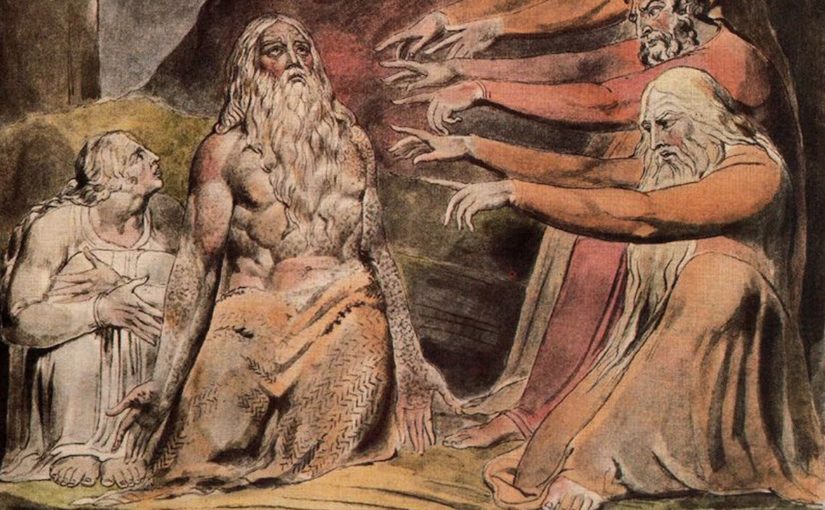



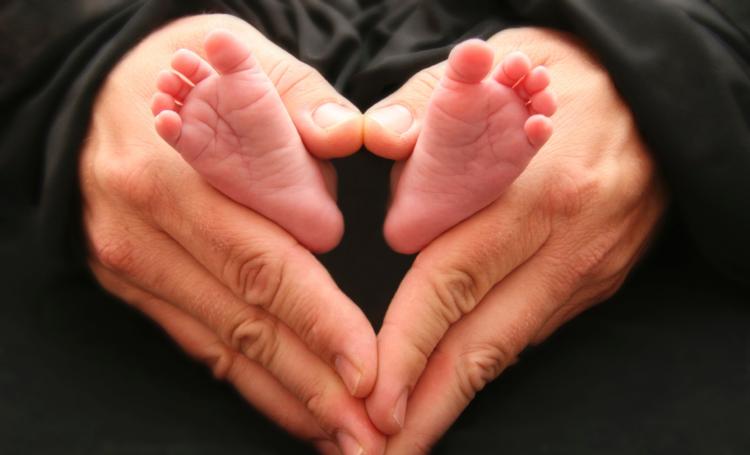
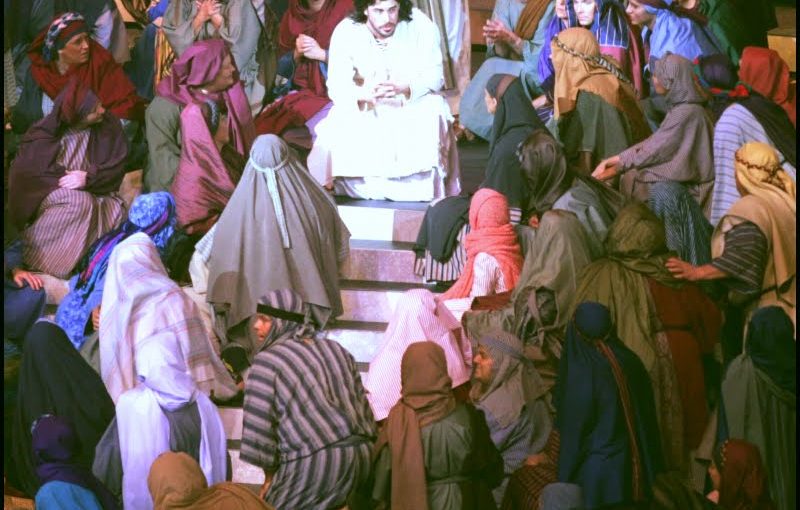
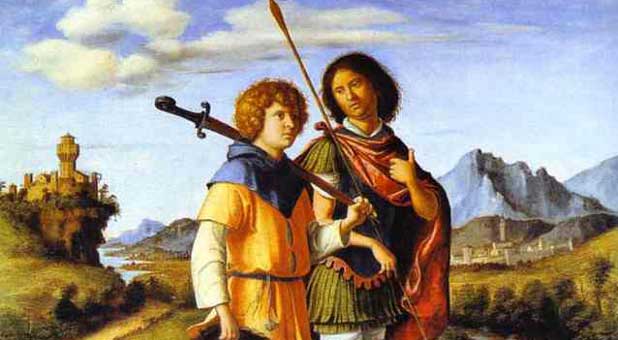

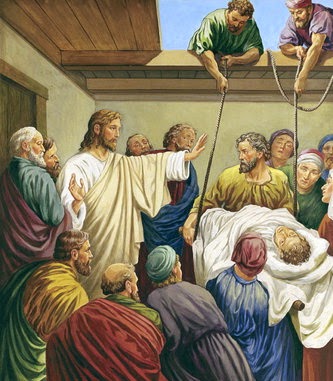
You must be logged in to post a comment.